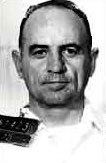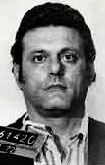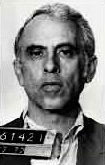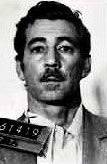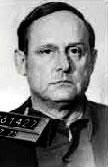Watergate: The break-in
June 17, 1972: A burglary at the DNC headquarters (Chapter 1)
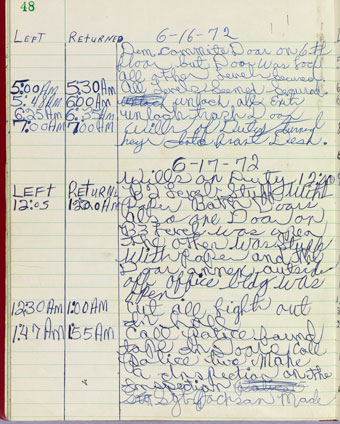
Frank Wills worked the midnight to 7 a.m. shift as a security guard at the Watergate Office Building in Washington, DC. Shortly after signing in on June 17, 1972, the 24-year-old Wills noticed something amiss. His entries into the Watergate’s security log reveal that he found doors on levels B2 and B3 stuffed with paper. At 12:30 a.m., Wills “cut all lights out in hall” and began to investigate. When he found a door taped open, he called the DC police. It was just before 2 a.m.
So began the biggest scandal in presidential history.
The log revealed a strange, and somewhat humorous, scene. At 4:47 p.m. Saturday afternoon, Wills long since having left, the guard on duty noted, “Tim OBrien [sic] reporter with the Wash. Post ID #413 walked in to lobby door breaking glass. He was not hurt. Reported it to maintenance.”
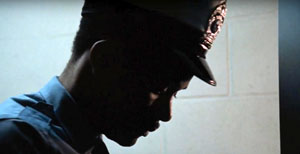
O’Brien was part of a team of nine total Post reporters, including Bob Woodward and Carl Bernstein, who contributed to the story the next day identifying five burglars who had attempted to bug the Democratic National Committee headquarters. On Monday, Woodward and Bernstein linked one of them, James McCord, to the Nixon reelection campaign. The pair identified McCord as a "salaried security coordinator for President Nixon's reelection committee."
E. Howard Hunt
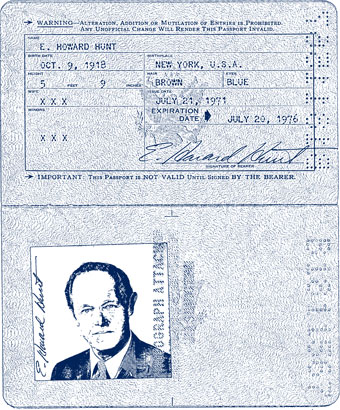
While the Post had linked McCord to the Nixon campaign, the FBI had made an ever stronger connection: E. Howard Hunt, the former CIA officer who would eventually be convicted for the burglary and serve 33 months in prison. According to the Bureau's 1974 critique of its own investigation:
"On June 17, 1972 [the date of the break-in], Hunt's probable involvement in the Watergate incident came to the WFO’s [Washington Field Office] attention because of his country club bill found in the Watergate Hotel and because of information contained in [the address book of Bernard] Barker [another of the burglars]. WFO, about 6:00–7:00 pm, June 17, 1972, contacted [Alexander] Butterfield of the White House and learned that Hunt had previously worked as a consultant at the White House. Butterfield was told Hunt may be involved in the DNCH [Democratic National Committee Headquarters] burglary. On June 18, 1972, Butterfield recontacted WFO and advised that Hunt had worked for Charles Colson, Special Counsel to the President."
Two days later, on June 20, Nixon and Colson discussed Watergate, with Nixon concluding, “This is going to be forgotten.” The transcript for this difficult-to-hear audio is below.
Nixon: Nothing loses an election; nothing changes it that much. I mean IT&T [a corporate contributor to the Nixon campaign that was looking for favorable anti-trust rulings from Nixon's Department of Justice], sure it hurt us some, but it washes away [unclear]. And you look at this damn thing now—it's going to be forgotten [unclear]
Colson: This'll be forgotten a hell of a lot faster than IT&T.
Nixon: Oh, sure, you know, who the hell's going to keep it alive?
In the short term, Nixon and Colson were right. Nixon won his reelection campaign over George McGovern in a landslide.
Watergate, however, was just beginning.
